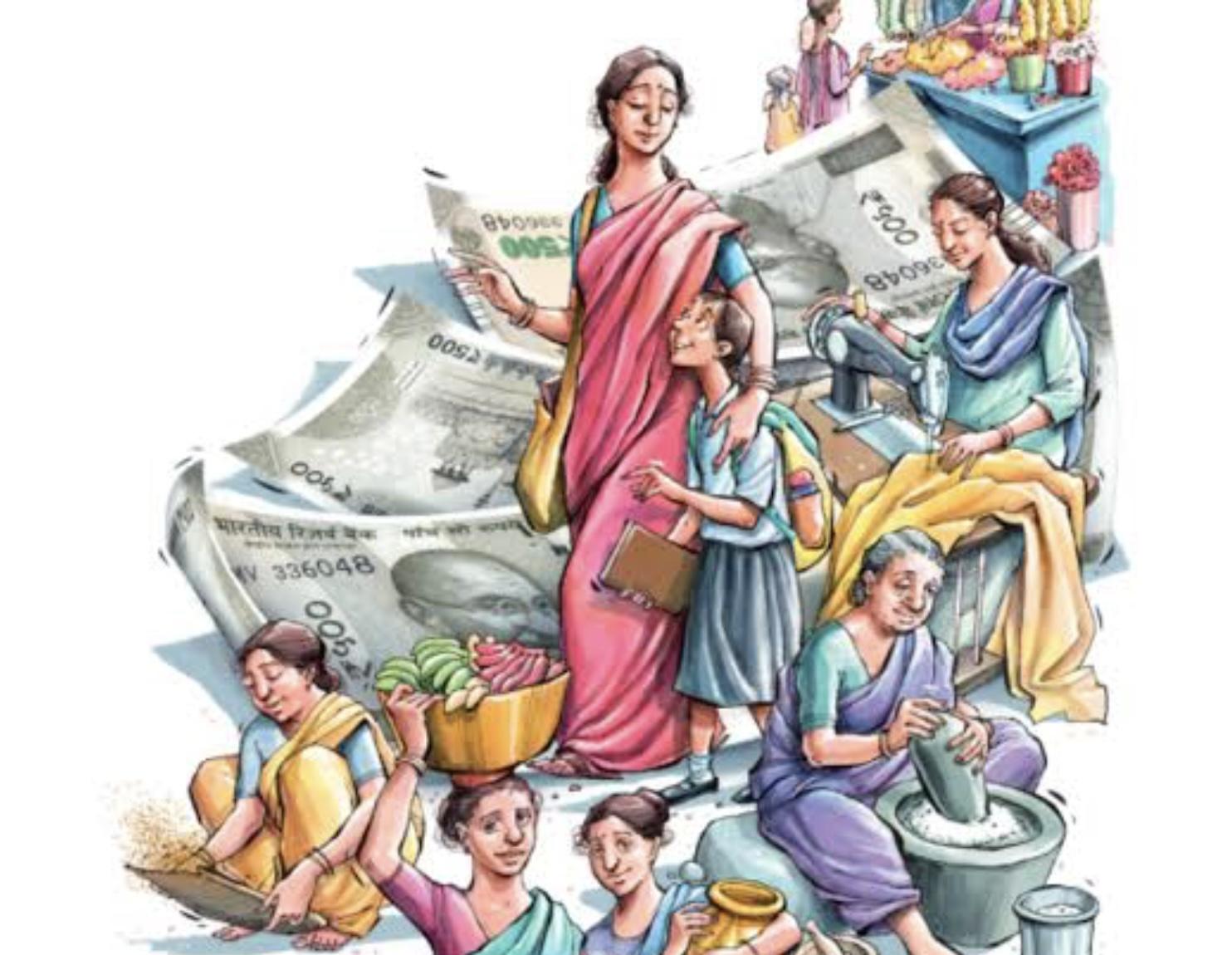Living as an NRI housewife presents a myriad of challenges that often go unnoticed. From cultural isolation to financial dependency, the struggles faced by these individuals are complex and multifaceted. In this comprehensive guide, we will delve deep into the unique challenges encountered by NRI housewives, shedding light on their experiences and advocating for greater support and understanding.
Introduction
Being an NRI housewife is a journey filled with both joys and hardships. While the expatriate lifestyle offers opportunities for growth and exploration, it also comes with its share of obstacles that can impact the mental, emotional, and physical well-being of NRI housewives. Let's explore these challenges in detail.
1. Cultural Isolation: The Impact of Being Away from Home
One of the most significant challenges faced by NRI housewives is cultural isolation. Living in a foreign country often means being far away from familiar traditions, customs, and support systems. The sense of displacement and disconnection from one's cultural roots can lead to feelings of loneliness, alienation, and a profound longing for home.
- Coping Strategies:
- Establishing connections with other expatriates or local communities.
- Celebrating cultural festivals and traditions to maintain a sense of identity.
- Exploring cultural exchange programs and language classes to bridge the gap.
2. Lack of Community Support: Navigating Life Without a Strong Network
Unlike in their home country, NRI housewives may find themselves without a robust community support system abroad. The absence of close friends, extended family members, and a familiar social circle can exacerbate feelings of isolation and loneliness, making it challenging to cope with the demands of daily life.
- Building a Support Network:
- Joining expat groups or social clubs to meet like-minded individuals.
- Engaging in volunteer work or community activities to forge connections.
- Seeking out online forums and support groups for NRI housewives to share experiences and seek advice.
3. Financial Dependency: Striking a Balance Between Autonomy and Support
Many NRI housewives face financial dependency on their spouses, which can impact their sense of autonomy and decision-making power. The lack of financial independence can lead to feelings of insecurity, powerlessness, and a diminished sense of self-worth.
- Empowerment Strategies:
- Pursuing educational or career opportunities to enhance skills and independence.
- Establishing financial literacy and planning for the future.
- Open communication with spouses about financial matters and shared responsibilities.
4. Mental Health Struggles: Addressing the Emotional Toll of Expat Life
The challenges of being an NRI housewife can take a toll on mental health, leading to feelings of anxiety, depression, and emotional distress. The lack of social support, cultural barriers, and role strain can contribute to a sense of overwhelm and helplessness.
- Mental Health Support:
- Seeking therapy or counseling to address emotional challenges.
- Practicing self-care activities such as meditation, yoga, or mindfulness.
- Engaging in hobbies and activities that bring joy and relaxation.
5. Role Strain and Expectations: Balancing Multiple Identities and Responsibilities
NRI housewives often find themselves juggling multiple roles, from managing household responsibilities to adapting to a new culture. The pressure to meet societal expectations, fulfill familial duties, and maintain a sense of identity can be overwhelming and exhausting.
- Self-Care Practices:
- Setting boundaries and prioritizing self-care.
- Communicating openly with family members about expectations and needs.
- Seeking professional help or guidance to navigate role strain and identity conflicts.
6. Communication Barriers: Overcoming Language and Cultural Differences
Language constraints and difficulties in communication can pose significant challenges for NRI housewives, making it harder to navigate daily interactions, access resources, and seek help when needed. The inability to express oneself fully can lead to feelings of frustration and isolation.
- Communication Strategies:
- Enrolling in language classes or cultural sensitivity training.
- Using technology and online resources to bridge communication gaps.
- Seeking out language exchange partners or conversation groups to practice language skills.
7. Lack of Legal Protections: Navigating Legal Challenges and Rights Abroad
In cases of abusive relationships or marital discord, NRI housewives may face challenges in accessing legal protections and support due to unfamiliarity with local laws, fear of repercussions, or limited resources. The lack of legal safeguards can leave NRI housewives vulnerable and exposed to potential harm.
- Legal Resources:
- Seeking legal advice and support from professionals specializing in expat rights.
- Educating oneself about local laws and rights as an NRI resident.
- Building a support network of trusted individuals who can provide guidance and assistance in legal matters.
Conclusion: Empowering NRI Housewives and Advocating for Support
The challenges faced by NRI housewives are complex and multifaceted, requiring a nuanced approach to support and empowerment. By raising awareness about these issues, fostering a culture of understanding and empathy, and providing resources and support systems, we can create a more inclusive and supportive environment for NRI housewives around the world.In conclusion, let us recognize the resilience, strength, and courage of NRI housewives who navigate these challenges with grace and determination. By amplifying their voices, advocating for their rights, and offering a helping hand, we can create a more compassionate and inclusive world for all individuals, regardless of their cultural background or circumstances. Let us stand in solidarity with NRI housewives and work towards a future where their contributions are valued, their struggles are acknowledged, and their well-being is prioritized.
visit our previous blogs

